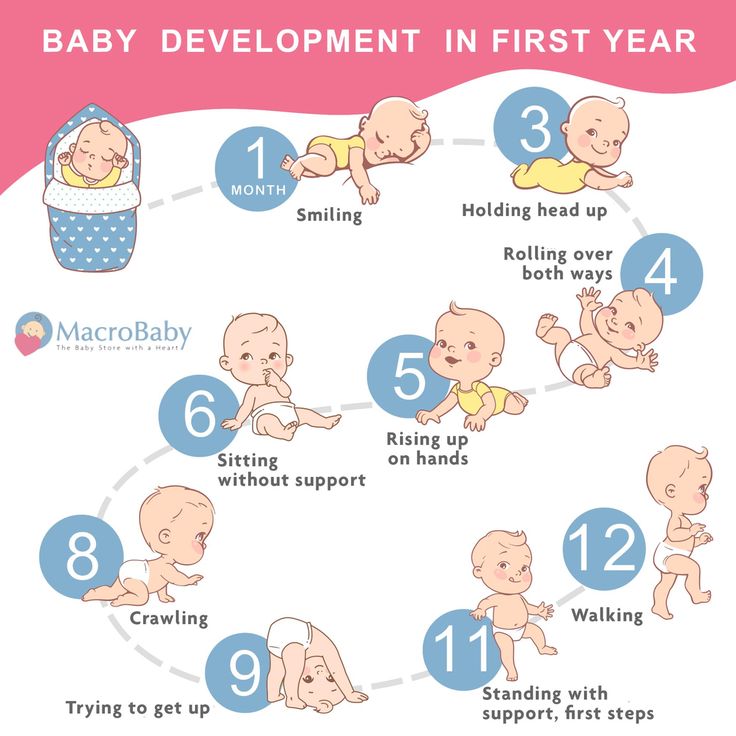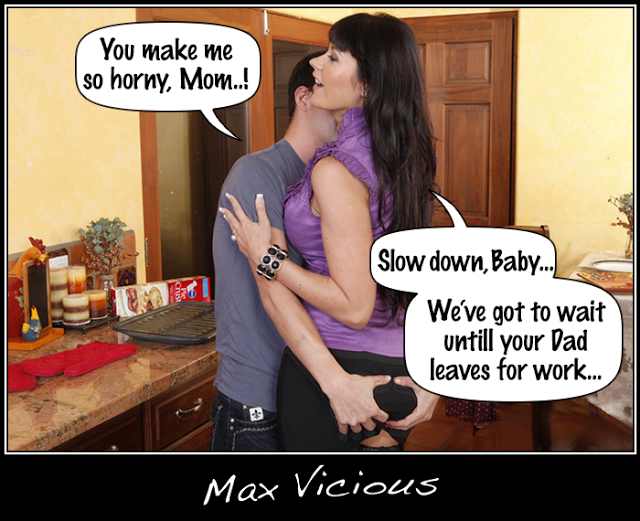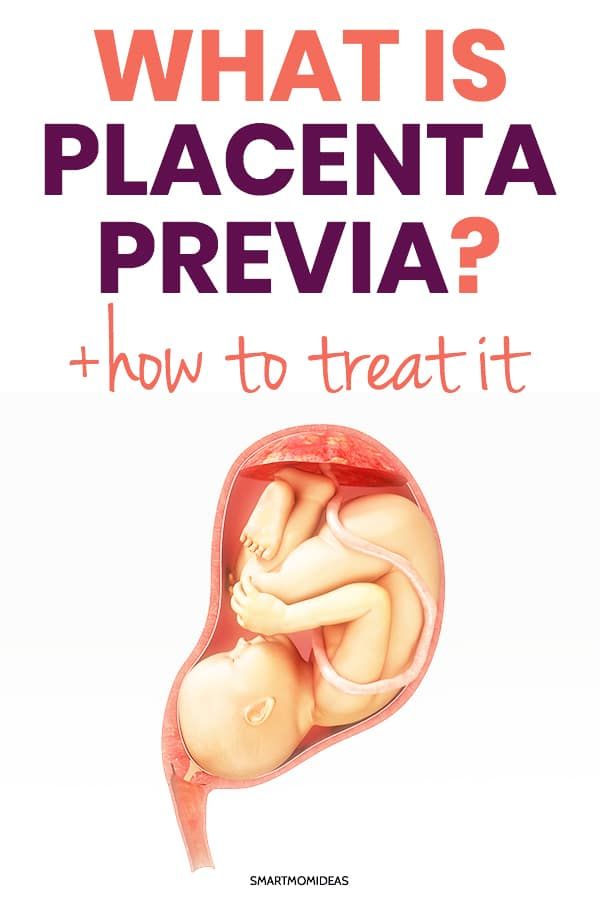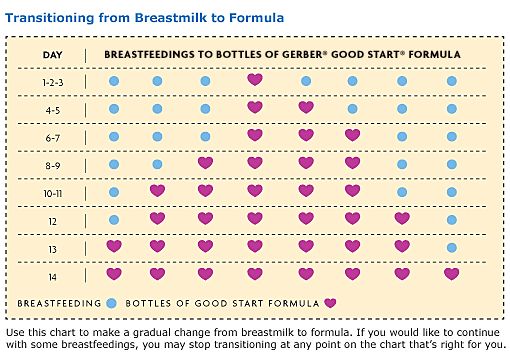23 months old milestones
23-Month-Old Development Milestones: Toddler Month by Month
23-Month-Old
Toddlers are notoriously resistant to change. If changes (like a new caregiver or even just a new sippy cup) are stressing your 23-month-old out, maintain stability in other parts of their life and offer support and understanding.
You may be wondering when your 23-month-old will stop asking to hear songs again that you just played for the five billionth time. It’s annoying, yes—but toddlers actually learn through repetition, so embrace this phase as they’re processing new experiences and information.
In this article:
23-month-old development
23-month-old health
23-month-old food
23-month-old sleep. Activities for a 23-month-old
23-month-old baby checklist and tips
23-Month-Old Development
Your child is making physical and verbal leaps and bounds, and you're probably astonished by the progress they’ve made. A year ago, your little one was a squishy baby attached to your hip. These days, your 23-month-old has grown taller, probably leaned out a lot (oh, how we miss those baby rolls!) and is much more verbal and active.
23-month-old weight and height
Average weight of a 23-month-old is 25.9 pounds for girls and 26.3 pounds for boys. Average height of a 23-month-old is 33.7 inches for girls and 34.2 inches for boys. However, as long as your 23-month-old is where they should be on the growth chart your pediatrician uses to track your 23-month-old baby’s growth, they’re growing just as they should.
23-month-old milestones
The 23-month-old milestones can be quite exciting, and you’ll start to notice that your 23-month-old baby is working on some significant growth and skills. Here are some milestones your 23-month-old may have hit or may be working on:
- Motor skills. Your 23-month-old might be kicking a ball, walking backwards, and may even be able to balance on one foot while holding onto a sturdy chair or wall.
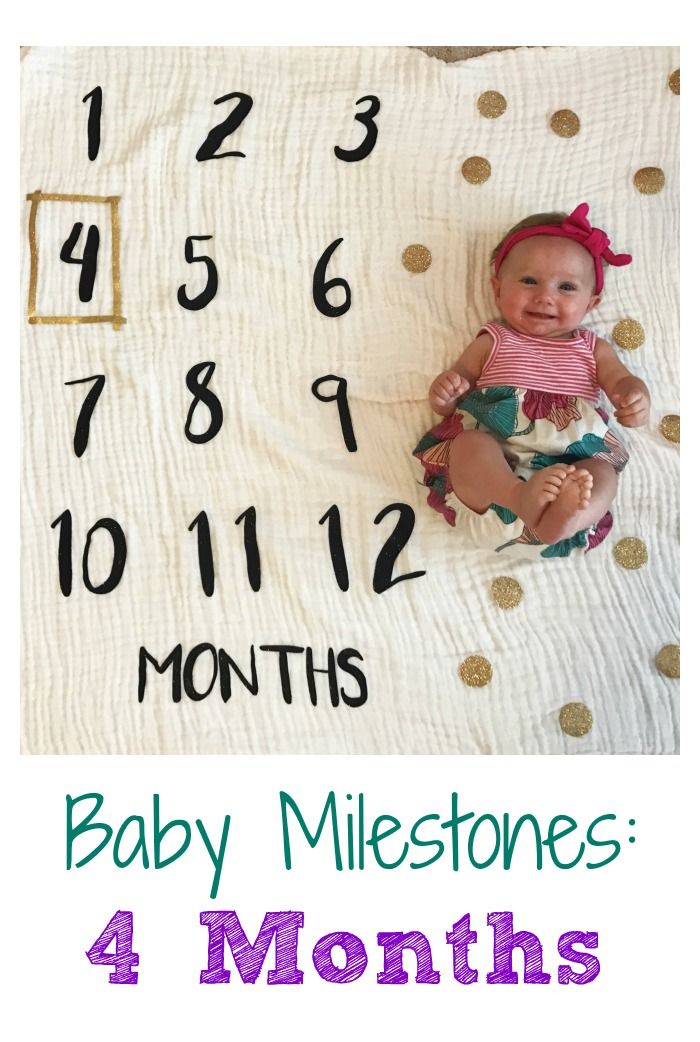 Soon, they might be able to pedal a tricycle.
Soon, they might be able to pedal a tricycle. - Speech. At 23-months-old, baby probably says about 50 words or as many as 100. They’re probably working on making sentences of two to four words and are listening closely, learning up to 10 new words each day.
- Teething. Your toddler's lower second molars and/or upper second molars might be erupting, causing some teething discomfort. Unfortunately, this may not be one of your favorite 23-month-old milestones, and your little one may need some extra snuggles.
- Potty training. Some 23-month-olds show signs of potty training readiness. It's okay to start if you feel they’re prepared. But beware of putting pressure on your kid to potty train—it's still early. Most kids aren't quite ready to start until about 30 months.
What should a 23-month-old be doing?
Expect your 23-month-old baby to be exploring and practicing new skills. You may notice a new interest in practicing climbing up and down stairs, drawing with lines and circular scribbles or playing with other children. You should also be able to understand almost half of what your 23-month-old says to you.
You should also be able to understand almost half of what your 23-month-old says to you.
23-month-old behavior
You’ll start to notice changes in your 23-month-old baby’s behavior—some of these changes are exciting, while others are a little more challenging. As your child gets older, here’s some advice on how to deal with new behaviors:
- Tantrums. Get ready for the terrible twos. It's normal for a 23-month-old to completely lose control over their emotions—especially when they’re tired or hungry. So keep your toddler well-rested and well-fed. When a tantrum starts, try to stay calm, help them identify their feelings and use the art of redirection when you can.
- Autism. At the upcoming two-year checkup, your child's pediatrician will likely ask you a series of questions about your child's behavior to look for signs of autism. Bring up anything you think may be atypical. (The official screening happens at 18 months.)
- Separation anxiety.
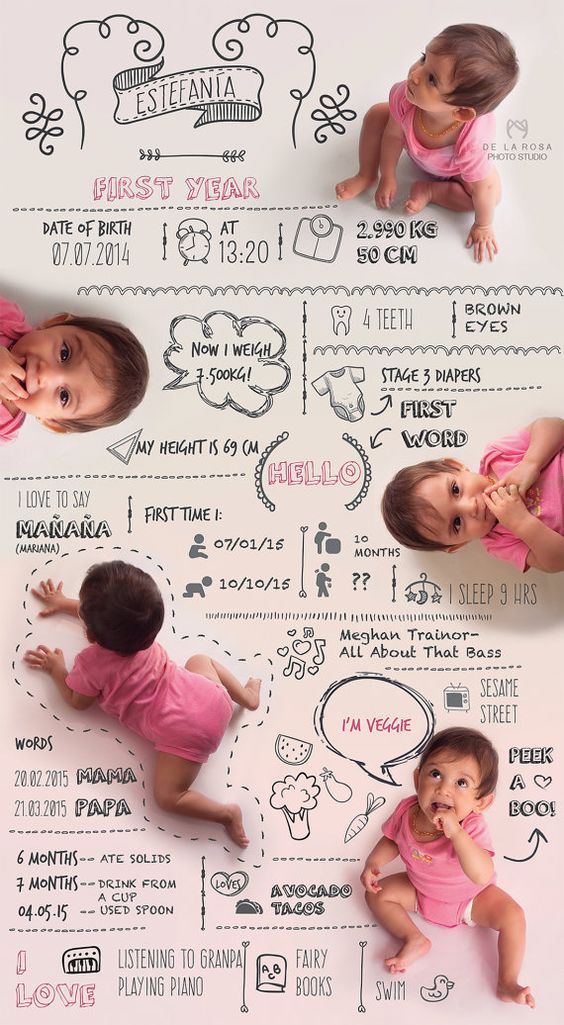 Your child is probably starting to figure out that if they throw a fit, you might not leave. As hard as it is, gently show them that their tears aren't going to change the routine. Keep goodbyes short and sweet, and reassure your toddler that you'll be back—and be specific with the details. For example, “I’ll be back after your nap.”
Your child is probably starting to figure out that if they throw a fit, you might not leave. As hard as it is, gently show them that their tears aren't going to change the routine. Keep goodbyes short and sweet, and reassure your toddler that you'll be back—and be specific with the details. For example, “I’ll be back after your nap.” - Seeking approval. Soon your child will show signs that they’re aware of your approval (or disapproval). This is an important early step in learning positive behaviors.
Why is my 23-month-old so clingy?
Separation anxiety is very common at this age. A 23-month-old baby has a vivid imagination, which can make things feel very exciting or very scary. Practice providing consistent reassurance when leaving your 23-month-old in someone else’s care by saying, “I’m going to go to the store, but I always come back!” When you return, remind your little one, “See? I came back!” If clinginess has become a real struggle, you can even practice this wording when going into another room.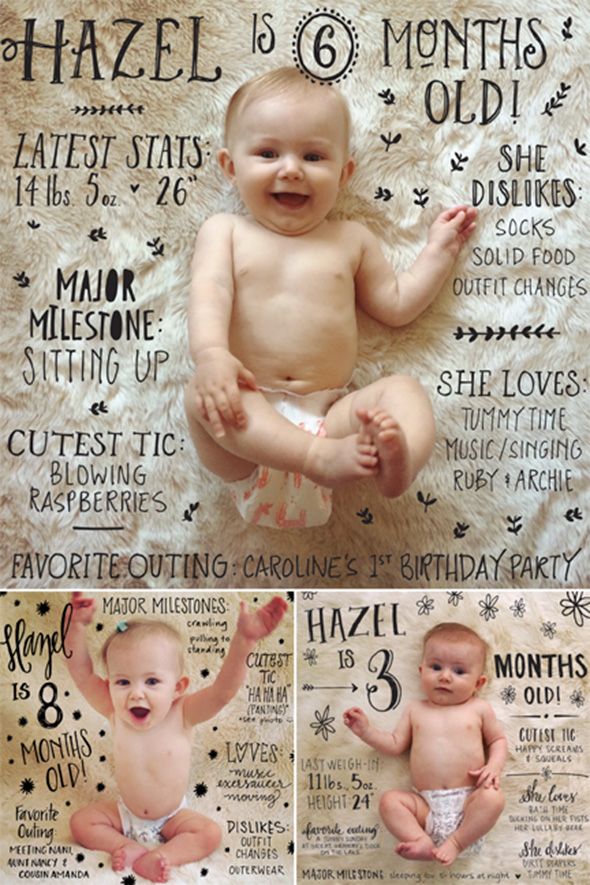 With reassurance, the separation anxiety will improve.
With reassurance, the separation anxiety will improve.
23-Month-Old Health
Health is always a top concern for parents, and this age is no different. Some common health questions parents of 23-month-olds have include:
- My 23-month-old has diarrhea. What should I do?
- My 23-month-old is constipated. What should I do?
- My 23-month-old is throwing up. What should I do?
- My 23-month-old has a fever. What should I do?
23-Month-Old Food
When feeding a 23-month-old, curb your expectations. They're not likely to eat nearly as much as older family members, and they might seem to love a food one day, then totally reject it the next. You might also notice that your 23-month-old baby only seems to want one food for a period of time. (Remember how we said toddlers this age love repetition?) This is also quite common, but it’s helpful to continue to offer a healthy variety of food to your tot anyway.
How much should my 23-month-old eat?
One- to 2-year-olds should be eating much like you do: Three meals per day, plus two snacks.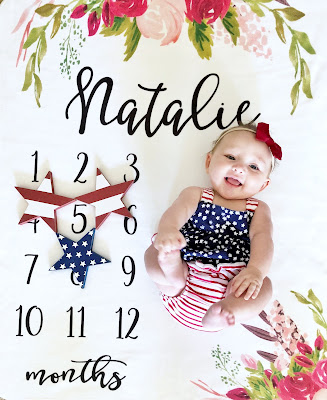 Offer them a variety of foods in all food groups—vegetables, fruits, grains, protein and dairy—daily.
Offer them a variety of foods in all food groups—vegetables, fruits, grains, protein and dairy—daily.
A serving of pasta the size of a Ping-Pong ball, protein as big as four marbles, and chopped veggies or fruit around the size of four dominoes are all considered normal portions for a toddler this age.
How much milk should a 23-month-old baby drink?
One of the biggest 23-month-old milestones is moving away from drinking large amounts of milk. While milk is still important for calcium and vitamin D, too much can keep a 23-month-old baby from eating a nutritionally balanced diet. The focus should be more on healthy foods than milk, so limit milk to about 2 to 3 cups (or 16 to 24 oz.) per day.
What to feed my 23-month-old
Continue to offer your child a variety of foods at each meal and snack. Most toddlers should eat about ¾ to 1 cup of fruits and veggies, ¼ cup grains and three tablespoons of protein per day.
Looking for some tasty and nutritious meal inspiration? Check out these food ideas for a 23-month-old:
23-month-old feeding schedule
Image: Smart Up Visuals
23-month-old won’t eat
Got a picky eater? Most toddlers do get proper nutrition when their parents serve a variety of foods—even if it doesn’t always seem that way. But, unlike adults who often eat out of habit or boredom, toddlers tend to eat only when they’re hungry. And remember: New foods are scary to your toddler. So manage your expectations; it may take inspecting new foods several times before they’ll actually taste them. Don’t force it, but continue trying, so they get used to sampling different flavors.
But, unlike adults who often eat out of habit or boredom, toddlers tend to eat only when they’re hungry. And remember: New foods are scary to your toddler. So manage your expectations; it may take inspecting new foods several times before they’ll actually taste them. Don’t force it, but continue trying, so they get used to sampling different flavors.
23-Month-Old Sleep
Whether your child loves or hates bedtime, you probably have questions about what's typical when it comes to sleep for a 23-month-old—and what to do when there are hiccups in the usual sleep routine.
How much sleep does a 23-month-old need?
Most 23-month-olds need around 11 to 12 hours of nighttime sleep, plus a nap of about 1.5 to 3 hours, for a total of about 13 to 14 hours of sleep per day.
23-month-old sleep schedule
Every kid is different, but your child's schedule may look something like this:
Image: Smart Up Visuals
23-month-old sleep regression
Is your 23-month-old waking up at night? Sleep regression can happen because of teething, separation anxiety or a change in sleep routine. To get back to the usual snoozing routine, it's important to know the root of the problem, so you can help your child get through it. Stick with the usual bedtime routine and set limits (such as no sleeping in your room) that will help your child get back on track.
To get back to the usual snoozing routine, it's important to know the root of the problem, so you can help your child get through it. Stick with the usual bedtime routine and set limits (such as no sleeping in your room) that will help your child get back on track.
Activities for a 23-Month-Old
Now that your tot is steady on their feet, there are lots of ways to have fun and stay active together. Looking for things to do with a 23-month-old? Some fun activities, games and toys for a 23-month-old include:
- Walking games. A game, like “Let’s try not to step on the cracks,” can keep your toddler on their own two feet when you’re out and about without the stroller.
- Pull toys. Your child is walking more smoothly than they did months ago and is probably ready to pull a wagon or a wheeled toy with a handle.
- Tricycle or balance bike. Look for a trike, bike or scooter built for a 2-year-old, so your child can learn to pedal or scoot.
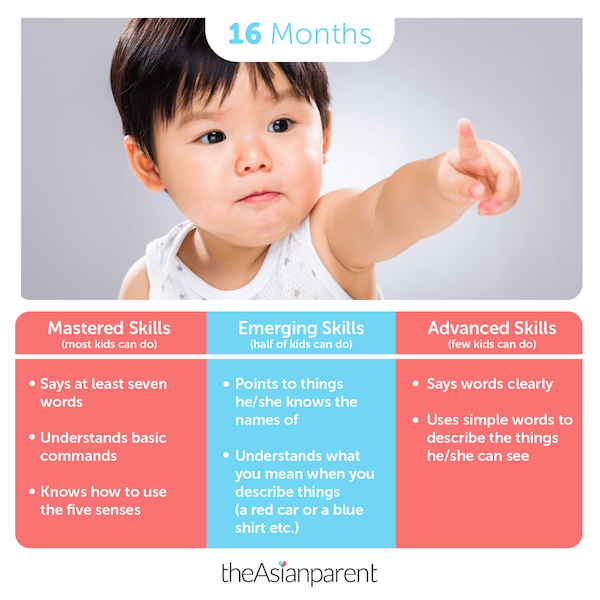 Make sure your 23-month-old always wears a helmet on any ride!
Make sure your 23-month-old always wears a helmet on any ride!
23-Month-Old Baby Checklist and Tips
- Plan your child's second birthday party and send out invitations.
- Time for a third (or fourth) round of childproofing, now that your kid is an experienced climber and more thorough explorer.
- Keep a quote book. Now that your child is saying sentences, you'll want to write down the funniest and smartest lines as a sweet memento of the toddler years.
- Serve plenty of iron-rich foods to your 23-month-old to ensure they get the iron they need. Foods like tofu, poultry, meat, fish, beans and enriched grains are great choices. Double-up the nutritional benefit by serving iron-rich foods and options high in vitamin C, which helps bodies absorb iron better. Tomatoes, broccoli, oranges and strawberries are all excellent sources of vitamin C.
Make a list of any questions you might have about 23-month-old milestones, behaviors or eating and sleeping habits to bring with you to your child’s 24-month pediatrician checkup.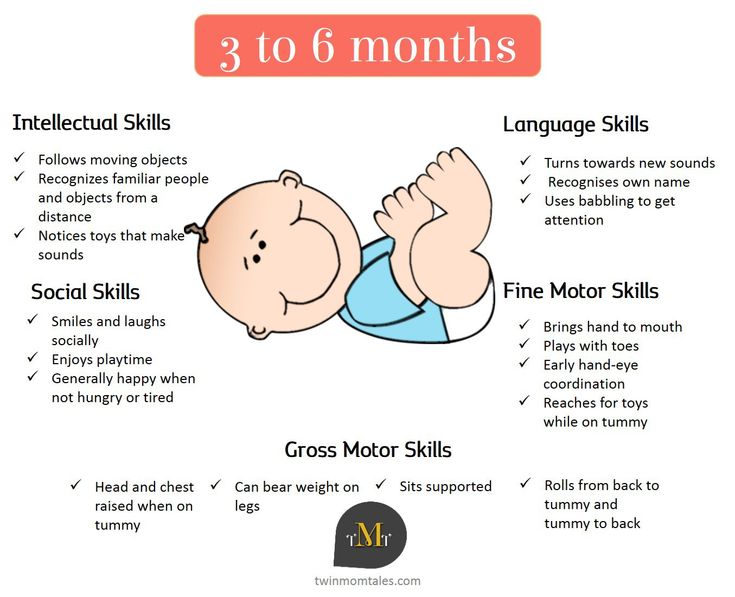 If you have any concerns about developmental delays, make sure you bring them up during the appointment.
If you have any concerns about developmental delays, make sure you bring them up during the appointment.
Medical content was reviewed by Alexis Phillips-Walker, DO, a pediatrician at Memorial Hermann Medical Group Pediatrics in Atascocita, Texas.
23 Month Old: Milestones and development
Your 23-month-old is a ball of energy, and loves to move her body. Her memory is getting better too, and she’s even able to make connect ideas and places. She wants to get dressed and undressed on her own, and may also like to play dress-up. Her growing brain can also manage simple puzzles, and she can draw curves, stack blocks, and string chunky beads.
Physical development
High spirits
Your 23-month-old is a study in motion: He's running, he's jumping, he's spinning. All the fine and gross motor skills he's been working on for the past two years are starting to come together, and it shows. It's next to impossible to keep your toddler sitting still for more than a few minutes, which can make it hard to dine out, shop, or even run to the post office.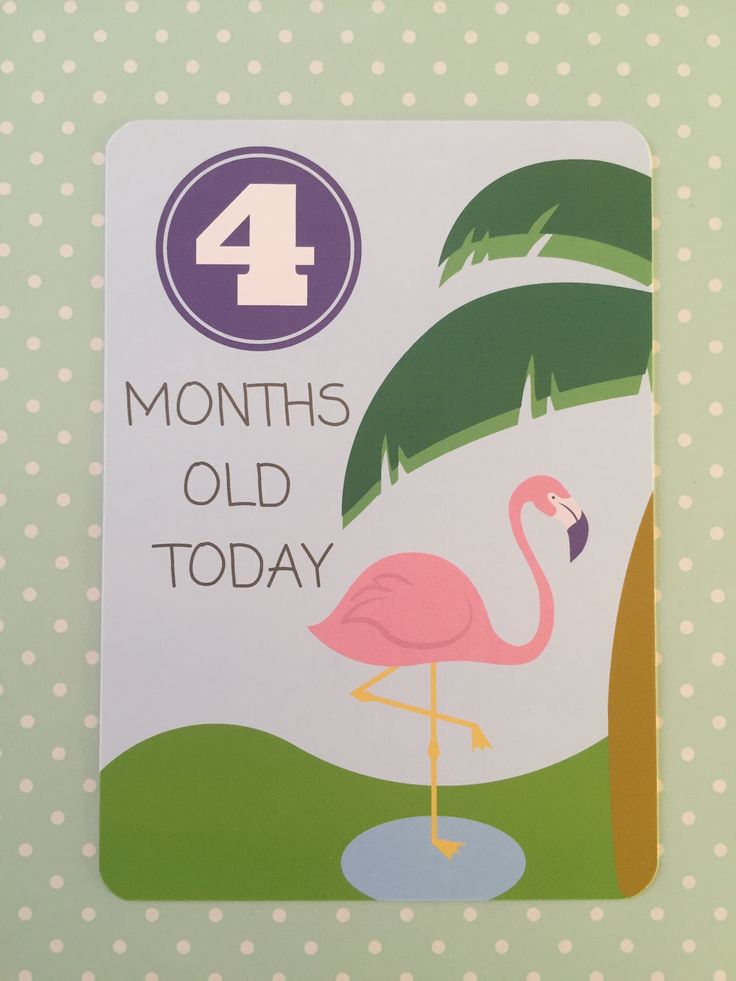 But it's a wonderful time, too, as long as you have realistic expectations. When you watch your toddler twirl, jump, and spin in the middle of the playground, you'll discover the meaning of pure joy.
But it's a wonderful time, too, as long as you have realistic expectations. When you watch your toddler twirl, jump, and spin in the middle of the playground, you'll discover the meaning of pure joy.
What you can do: Give your toddler plenty of chances to run off steam. A local park, a children's museum, or a tumbling class are great places to let your toddler be a toddler. After a day of exercise and running around, he's sure to sleep like a log, too.
If mealtimes have become hectic, consider feeding him first while he sits in a toddler-sized chair at a small, low table. Serve a variety of finger foods that he can handle by himself with ease. When he’s done, let him play while you relax and enjoy eating with the rest of your family.
Slimmer body, smoother walking
If it seems like your little one's growth has slowed dramatically compared with her first year, you're right. The average child triples her birth weight by age 1, but only gains 3 to 5 pounds in the second year.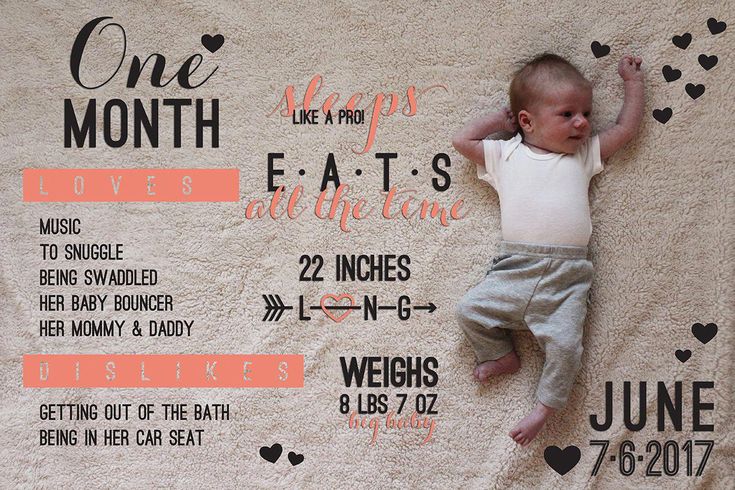 By now, your toddler also looks much less like a baby. She's upright, she's mobile, she's active, and her baby fat is melting away.
By now, your toddler also looks much less like a baby. She's upright, she's mobile, she's active, and her baby fat is melting away.
The way she holds her body and moves around has changed, too. The back-and-forth gait of a young toddler has evolved into a smoother, more coordinated stride. By their second birthday, most kids can pull toys behind them and carry things while they walk, and they will begin to run.
Dressing (and undressing!)
As she approaches her second birthday, your toddler can probably undress herself (which she may have been doing for months) and put some of her clothes back on. Loose-fitting T-shirts, jackets, and zippered pajamas are the easiest clothes to take on and off. Your child might also like playing dress-up. Keep funny hats and scarves around for her to practice with, and let her wrap herself up in bath towels for fun.
In other developments, your child's probably so confident on her feet now that she can bend over from the waist to pick something up from the floor; she no longer has to squat down.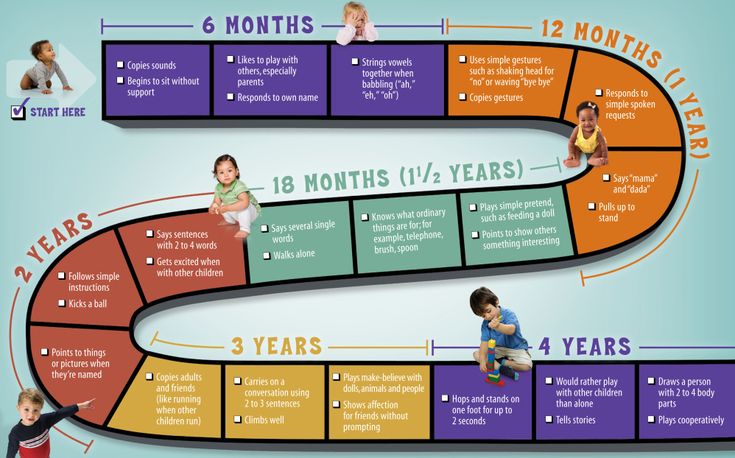 She'll try to stand on her tiptoes and may be able to jump up (with two feet off the ground at the same time). And beware: She's determined to walk up and down stairs without any help from you.
She'll try to stand on her tiptoes and may be able to jump up (with two feet off the ground at the same time). And beware: She's determined to walk up and down stairs without any help from you.
Advertisement | page continues below
What you can do: Buy outfits that come with few — if any — buttons, snaps, or hook-and-eye clasps to help your toddler learn how to dress herself. Your toddler will do best with elastic-waist pants, pull-on tops, and Velcro-close shoes. By stocking your child's drawers and closet with those easy-on items, you'll minimize morning struggles. Introduce new challenges — a single large button or a big snap — one at a time.
Tiny trikes
Nothing says "she's not so little anymore" like watching your child pedal around on a tricycle or a bicycle. Age 2 is a good time to make one of these available, especially if you have an active child who has already aced running and has good balance.
Besides classic tricycles, you can now find scaled-down two-wheelers suitable for 2-year-olds. (When shopping, be sure to check the manufacturer's recommendations for height and inseam measurements.) Once your child has a trike or bike that's the right size for her, figuring out how to pedal it is the most challenging part!
(When shopping, be sure to check the manufacturer's recommendations for height and inseam measurements.) Once your child has a trike or bike that's the right size for her, figuring out how to pedal it is the most challenging part!
Beginners usually prefer low models that keep them close to the ground (and are less likely to tip over). Stay nearby during your child's first attempts in case of spills. Some trikes come with a long, removable push bar that lets you control the action without having to bend over – a real back-saver. Even if your child won't be traveling beyond your own backyard, make sure he wears a helmet from day one. You'll be establishing an essential safety habit, and it's good protection.
Language and cognitive development
Growing vocabulary
Your 23-month-old can probably follow a simple two-step command such as, "Come here and sit down so I can tie your shoes." She can probably say at least 20 words clearly (and many more that are hard to understand), and soon she'll be adding words so quickly that you won't be able to keep track any more.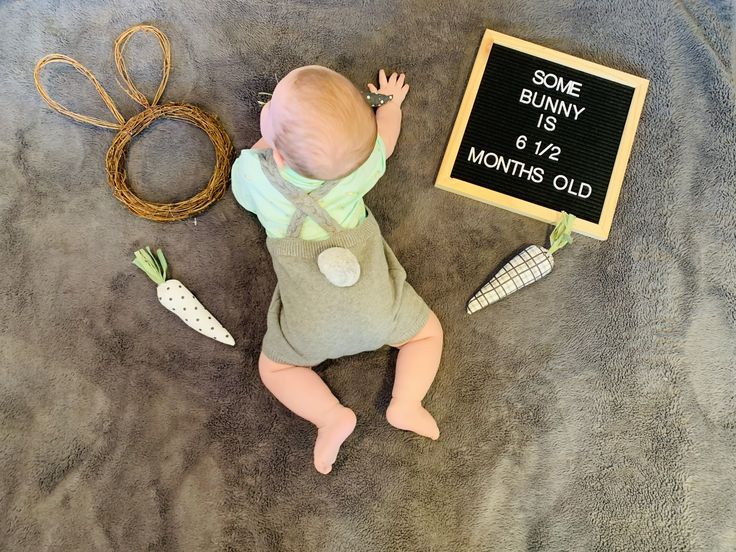 At this point she may:
At this point she may:
- Form two- to four-word sentences like, "Bird fly high," or "Dog run out."
- Follow simple instructions
- Repeat songs or words heard in conversations
- Recognize names of people, things, and parts of the body
- Understand opposites, like “big” and “little”
- Use pronouns, though not always correctly ("Me do it" instead of "Jake do it," but probably not "I do it")
You already know that reading to your child is one of the best ways to boost her language skills. Until now, you probably focused on familiar stories. Now's a good time to look for books with a range of words and ideas that are new to her (such as a tiger in the jungle). Books with wordplay and rhymes help kids make connections between them. When you read, pause occasionally and ask her questions about the book ("What is the kitty doing? Where is the boy?). Point at objects, and give her the opportunity to say the names of those she knows.
Memory and play
When your child was an infant, out of sight meant out of mind.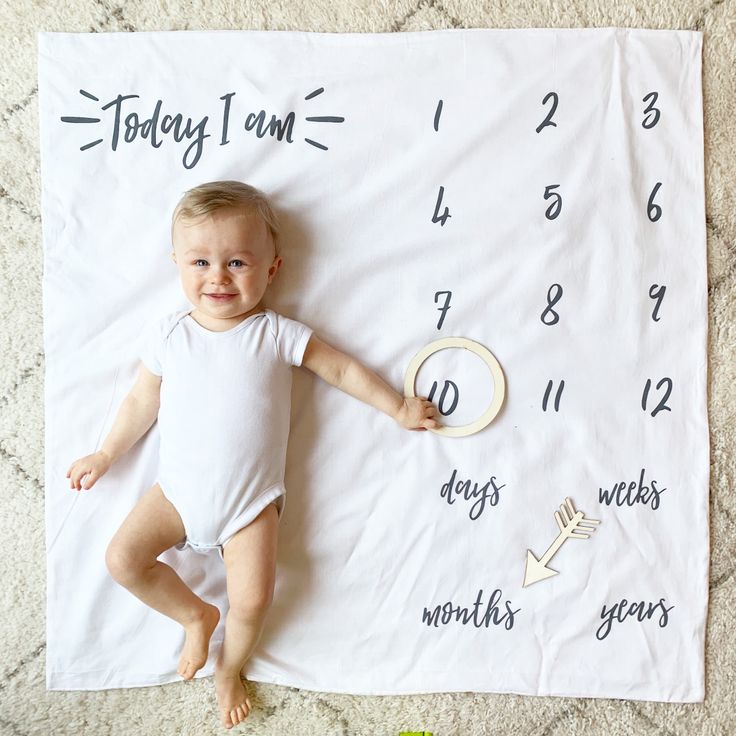 But now she has the mental skills to remember that she left her doll in the car, even several hours later. She can also associate items she's seen in real life — monkeys at the zoo — with ones she sees in a book.
But now she has the mental skills to remember that she left her doll in the car, even several hours later. She can also associate items she's seen in real life — monkeys at the zoo — with ones she sees in a book.
If you have a shape sorter, you'll probably notice now that she can put several pieces in their proper spots. Many toddlers are also experimenting with dramatic play, such as pretending to eat a plastic banana and reporting to you how yummy it is. It will be a few years before you see elaborate fantasy play where she makes up stories and characters, but this is the foundation for it.
Give your toddler plenty of ways to engage in "unstructured" play. Give her a set of blocks and let her build towers or trains, for example, or give her a puzzle with just a few pieces so she can have the satisfaction of completing it herself. Props such as toy telephones, grocery carts, tool boxes, and tea sets let her copy the adults around her.
Puzzles and drawing
At 23 months, your toddler may have the brain power and fine-motor skills to complete a three- to six-piece jigsaw puzzle.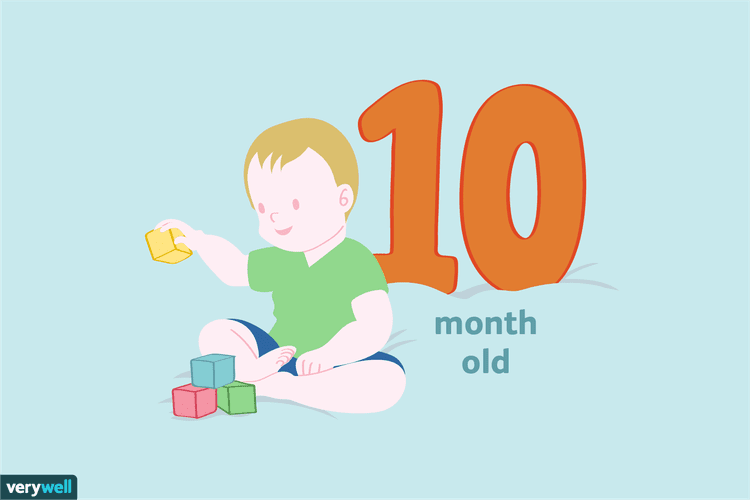 She may also be able to draw circles (don't expect them to be smooth yet), in addition to vertical and horizontal lines. See whether she can build a tower of six or more blocks or string large wooden beads on a cord.
She may also be able to draw circles (don't expect them to be smooth yet), in addition to vertical and horizontal lines. See whether she can build a tower of six or more blocks or string large wooden beads on a cord.
Give her opportunities to fine-tune her finger and hand skills by scooping up and pouring out sand or birdseed, pouring water, squeezing moldable compounds like Play-Doh or even bread dough if you like to cook together. Have crayons and paints available for her to create art with, and let her see you writing and drawing. Then watch how she tries to imitate you.
Behavioral health and development
Birthday plans
With your toddler's birthday coming up, you're probably wondering how best to celebrate. Many 2-year-olds love the festivity of cake, candles, balloons, and presents. On the flip side, they're easily overwhelmed by too much of anything. That includes too many guests and too much noise.
The most successful birthday parties for 2-year-olds tend to be small, simple, and brief.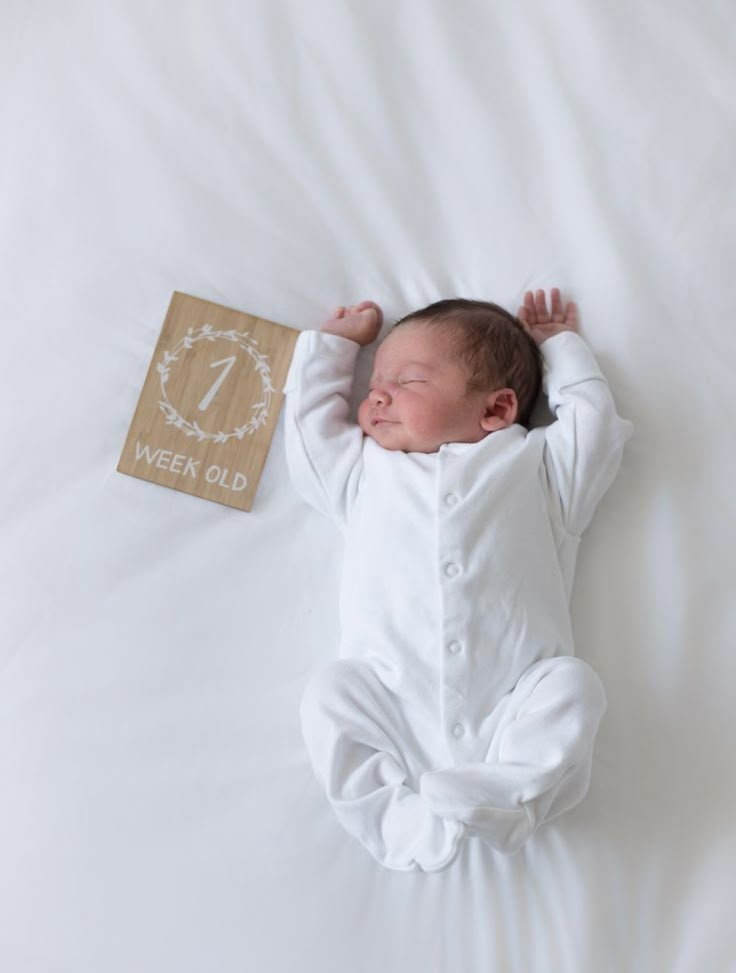 A common rule of thumb is one child guest per year of age. So a 2-year-old would have two guests around his age. And a couple of hours is plenty of time. Simple activities like blowing bubbles or swinging are still his idea of a blast. Schedule the fun before the afternoon nap or at dinnertime (but wrap things up well before bedtime so he's not too stimulated to fall asleep).
A common rule of thumb is one child guest per year of age. So a 2-year-old would have two guests around his age. And a couple of hours is plenty of time. Simple activities like blowing bubbles or swinging are still his idea of a blast. Schedule the fun before the afternoon nap or at dinnertime (but wrap things up well before bedtime so he's not too stimulated to fall asleep).
If you plan something more ambitious, keep your expectations for the birthday boy or girl low. Don't count on kids this age being a gracious center of attention. Special features like clowns or magicians may frighten them, and they may or may not choose to participate in games. There will be plenty of time for parties with organized activities when your child is older.
The beloved pacifier
With your toddler's language skills growing, you may find it frustrating if she often has a pacifier in her mouth. The pacifier won't hurt her, but if you want to see less of it, you can try limiting it to certain times of day, such as naptime.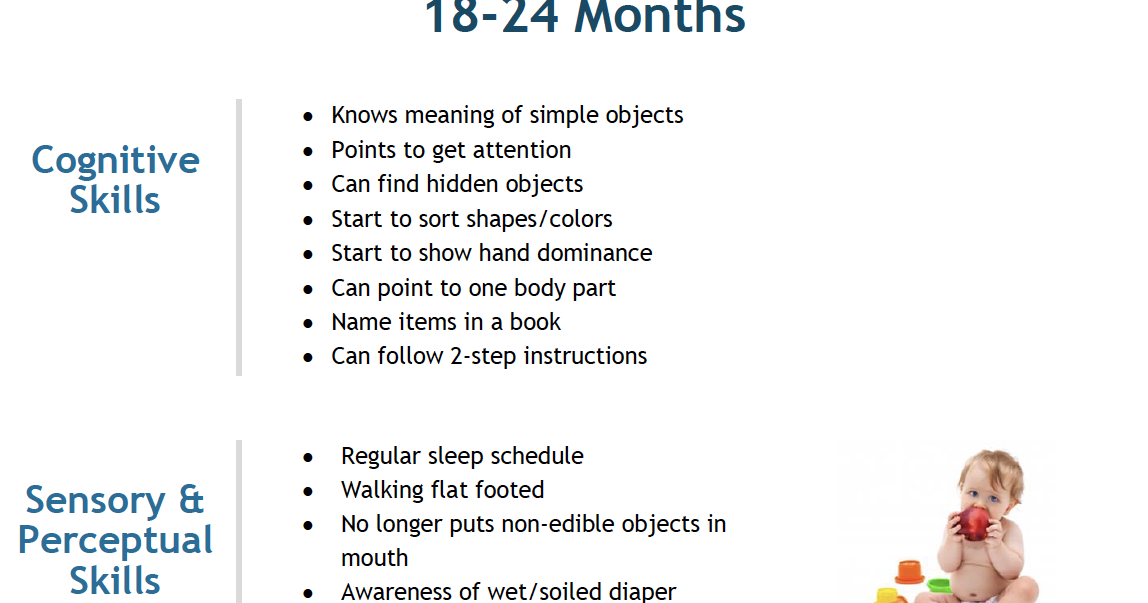 If you're looking for some good strategies for pulling the plug completely, see our top ten ways to help your child give up the pacifier.
If you're looking for some good strategies for pulling the plug completely, see our top ten ways to help your child give up the pacifier.
Childproofing check
The approaching second birthday is a good time to rethink your childproofing. Every stage brings new hazards as your child grows taller, more mobile, and more adventurous. Your toddler will be able to get into more places you never dreamed possible. He may climb onto stools, tables, and counters; open containers he never showed an interest in before; and move into dangerous zones (a pool, the basement tool bench) faster than you'd think.
The good news is that your child can now understand the meaning of the word "no." When he was small, you had to rely on moving dangers out of his reach. That's still good advice, but by now, you should also be using your words and serious tone of voice to make clear which behaviors are not acceptable – touching sharp things and ripping books, for example.
You'll still want to keep as many potential threats out of reach as possible.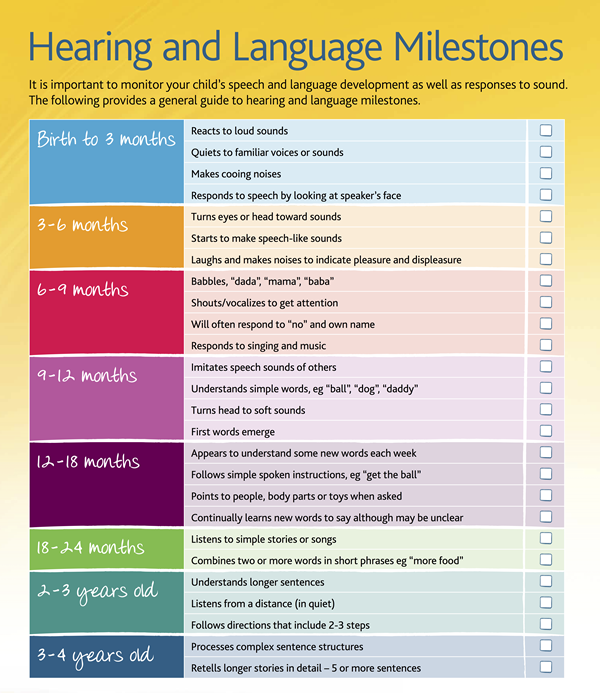 Remove sharp knives from accessible drawers, and store medications and vitamins in childproof containers. Read more about childproofing your house.
Remove sharp knives from accessible drawers, and store medications and vitamins in childproof containers. Read more about childproofing your house.
Clinginess
If your happy-go-lucky, I'll-try-anything child has become a clingy toddler, you may wonder what's going on. At this age, clinginess can be the result of his imagination getting the best of him. He may fear that the vacuum cleaner can swallow him whole just like it sucked up a small toy. Or that he'll go down the drain with the bubbles and the bath water. These fears may seem irrational to you, but to a child who's just starting to step out on his own, they're very real.
How to handle this: Acknowledge his fears rather than dismissing them: "I know the water goes down the drain, but look – I can't even fit my hand in the drain." And talk to him about what's upsetting him. Remember that your toddler has a big imagination and a limited vocabulary, so it's up to you to figure out exactly what's going on.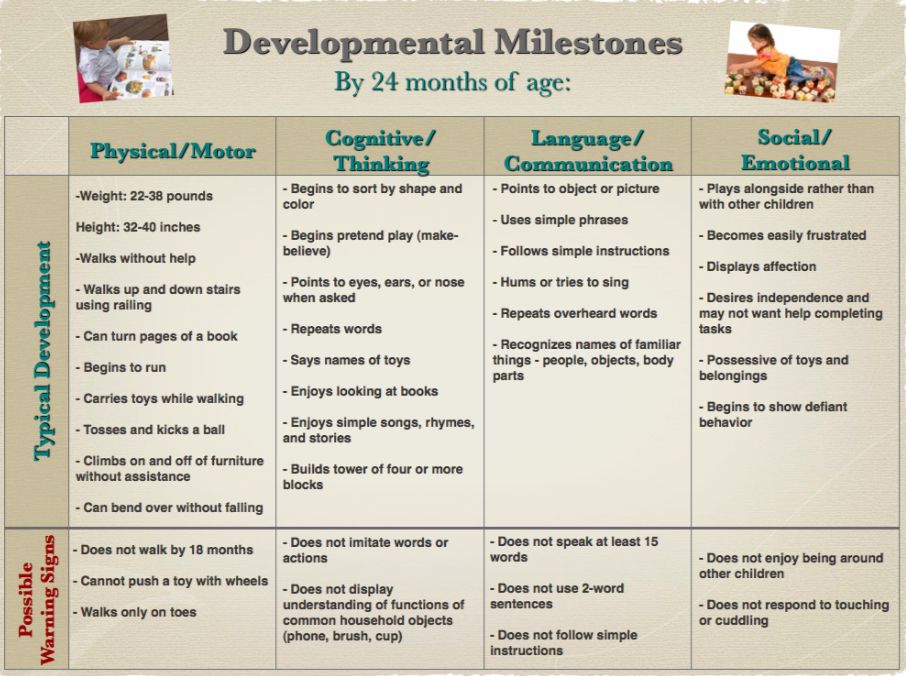
When you need to be away from him, continue to treat your leave-taking the way you have in the past. Always say goodbye, tell him where you're going, and who will be watching him and keeping him safe. If possible, get him involved in an activity with the sitter before you go.
Looking up to big kids
Your toddler may be interested in playing with other children and imitating what he sees other kids doing. If your he has an older sibling, don't be surprised to see him following his brother or sister around the house — all day long. Your toddler may try to dribble a basketball like an older sibling does, wrestle with older kids, or join a game of tag. Your child may try to win his sibling's affection by offering him cookies or other prized possessions. He also wants to entertain you and his siblings by making funny faces.
Consider doubling up on a few toys to minimize the inevitable "mine" arguments. You don't have to buy two of everything, of course, but if your toddler loves trucks, for instance, make sure there's one for him and something similar for his sibling, so they can play side by side with minimal grabbing.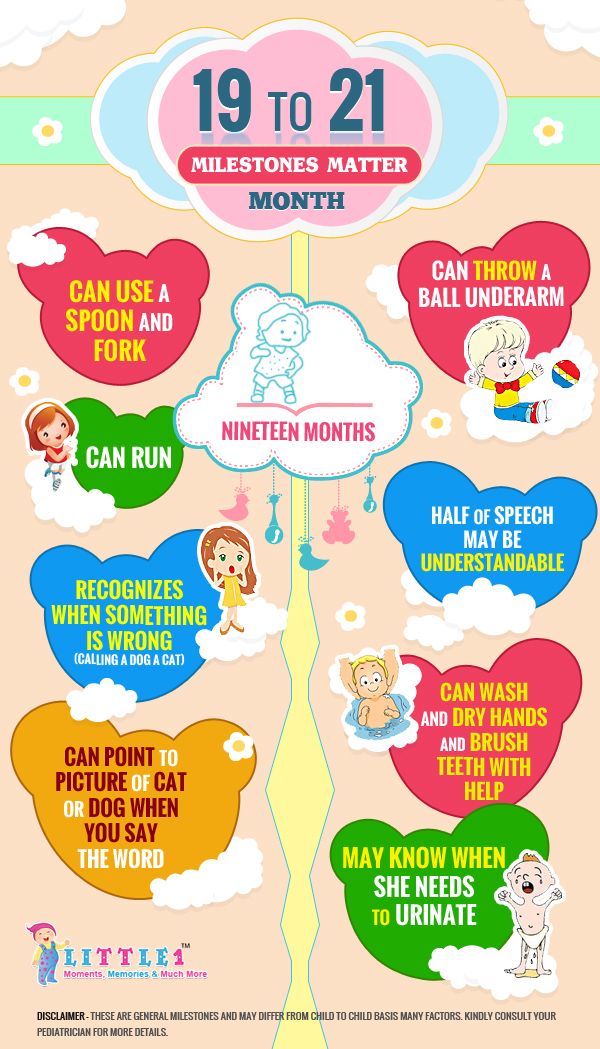
When you schedule playdates for your toddler, choose times that he's generally well-rested and in a good mood. If your toddler usually naps from 1 to 3 p.m., a noon gathering is probably asking for trouble. Keep the playdates short — 30 to 60 minutes is about right for children this age. Get more ideas on how to make playdates go smoothly.
Learning to talk about feelings
Toddlers have feelings too — and they're just starting to learn the words to express them. You can help nurture your child's emotional intelligence, or EQ, by teaching him the words that mirror his feelings, both good and bad: "I see that you're sad because we have to leave the park now," or "You get angry when your brother won't share his trucks with you." You can also help him understand that it's okay to have conflicting emotions, such as when he feels both nervous and excited about his new tumbling class.
Has your toddler started referring to himself by his name, or maybe the pronoun "I"? This an important clue that he fully understands he's a separate person from you.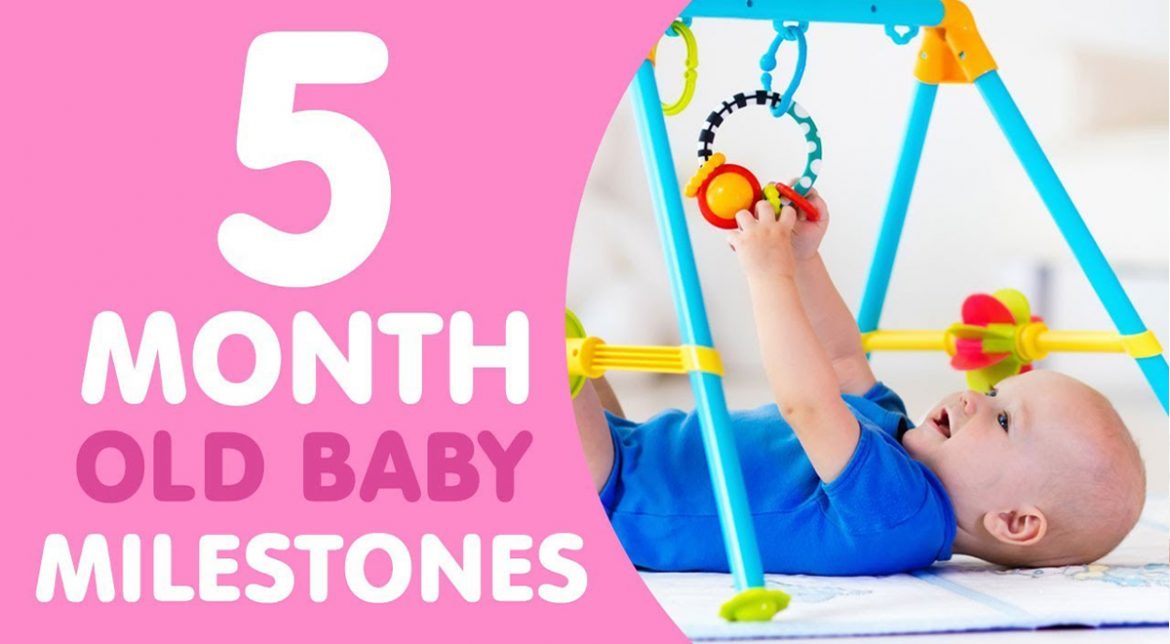 Help build his self-confidence by praising him for specific individual achievements. Try to avoid saying general things like, "What a good boy you are," and instead hone in on specifics, such as, "I really like the way you made that tower."
Help build his self-confidence by praising him for specific individual achievements. Try to avoid saying general things like, "What a good boy you are," and instead hone in on specifics, such as, "I really like the way you made that tower."
Parenting
Discipline disagreements
It's only natural for couples to have disagreements about how to raise a child. We all have individual personalities and ideas.
When you and your spouse or partner disagree about how to handle a parenting situation, it's best for your child if you present a united front. The parent who witnessed the incident can finish responding to it as he or she sees fit. Talk about your disagreement afterward, out of your toddler's earshot.
Consistency is the key to discipline, so it's a good idea to discuss your basic views about rules and punishments and to work out agreements about the major issues. Instead of attacking each other's methods, you both should explain your approaches and why they seem to work. Keep your discussion focused on specific issues rather than generalities that can veer into personal attacks. Search for a compromise.
Keep your discussion focused on specific issues rather than generalities that can veer into personal attacks. Search for a compromise.
Recording memories
Want a wonderful memento of your child's early years? Start a quote book. As she grows more verbal, she might say some funny things. Toddlers tend to ask interesting questions: ("Hi, Mommy, are you awake?"), make observations cobbled from their limited vocabularies ("Grandpa hair all gone!"), and use metaphors in the most delightful ways ("moon cracker" for a crescent-shaped bite).
Many such relatively sophisticated expressions don't emerge until age 2, when language skills really explode, but if you get in the habit of jotting down funny sayings now, you'll wind up with a terrific record. We always think we'll remember these quips, but many of them fade from memory over the years.
News and messages
Regions
roskazna.ru Altai region Amur region Arkhangelsk Region and Nenets Autonomous District Astrakhan region Belgorod region Bryansk region Vladimir region Volgograd region Vologodskaya Oblast Voronezh region Donetsk People's Republic Jewish Autonomous Region Transbaikal region Zaporozhye region Ivanovo region Irkutsk region Kabardino-Balkarian Republic Kaliningrad region Kaluga region Kamchatka Krai Karachay-Cherkess Republic Kemerovo region - Kuzbass Kirov region Kostroma region Krasnodar region Krasnoyarsk region Kurgan region Kursk region Leningrad region Lipetsk region Luhansk People's Republic Magadan Region Interregional accounting UFK Interregional Contract Department of the Federal Treasury Interregional Control and Auditing Department of Financial Management Interregional operational UFK Interregional UFK in the field of liquidity management Interregional UFK on centralized data processing Moscow Moscow region Murmansk region Nizhny Novgorod Region Novgorod region Novosibirsk region Omsk region Orenburg region Oryol Region Penza region Perm region Primorsky Krai Pskov region Republic of Adygea Altai Republic Republic of Bashkortostan The Republic of Buryatia The Republic of Dagestan The Republic of Ingushetia Republic of Kalmykia Republic of Karelia Komi Republic Republic of Crimea Mari El Republic The Republic of Mordovia The Republic of Sakha (Yakutia) Republic of North Ossetia-Alania Republic of Tatarstan Tyva Republic Republic of Udmurtia The Republic of Khakassia Rostov region Ryazan Oblast Samara Region St.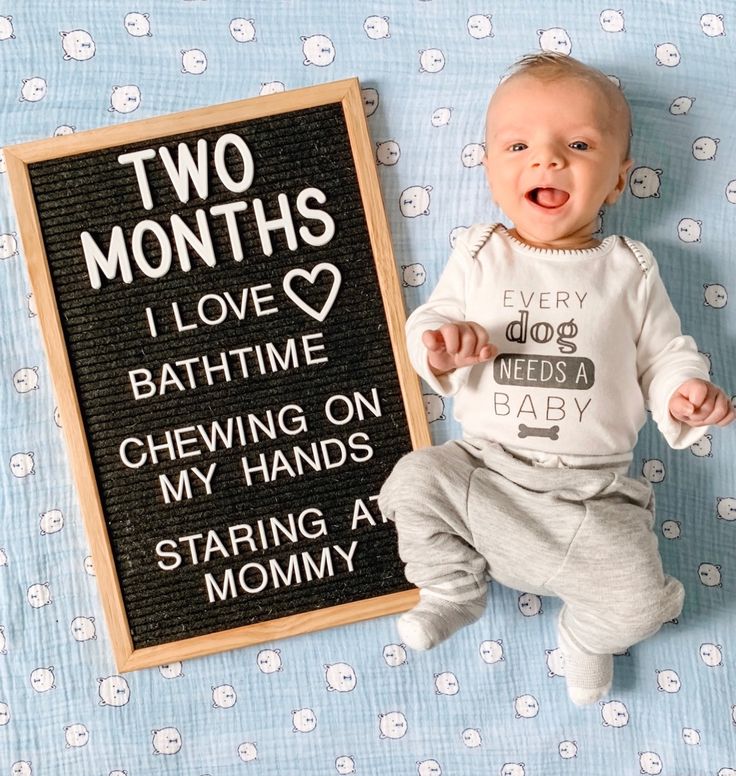 Petersburg Saratov region Sakhalin region Sverdlovsk region Sevastopol Smolensk region Stavropol region Tambov Region Tver region Tomsk region Tula region Tyumen region Ulyanovsk region Khabarovsk region Khanty-Mansi Autonomous Okrug - Yugra Kherson region Center for ensuring the activities of the Treasury of Russia Chelyabinsk region Chechen Republic Chuvash Republic Chukotka Autonomous Okrug Yamalo-Nenets Autonomous Okrug Yaroslavl region
Petersburg Saratov region Sakhalin region Sverdlovsk region Sevastopol Smolensk region Stavropol region Tambov Region Tver region Tomsk region Tula region Tyumen region Ulyanovsk region Khabarovsk region Khanty-Mansi Autonomous Okrug - Yugra Kherson region Center for ensuring the activities of the Treasury of Russia Chelyabinsk region Chechen Republic Chuvash Republic Chukotka Autonomous Okrug Yamalo-Nenets Autonomous Okrug Yaroslavl region
Font size AA
UFK in the Sverdlovsk region
official website
Previous site version
for example,
| About Treasury |
| News and announcements |
| Budget execution |
| Financial transactions nine0014 |
| Other activities |
| Receiving applications |
Advanced Search
- News
- Event announcements
Federal Treasury
official website of the Russian Treasury
www.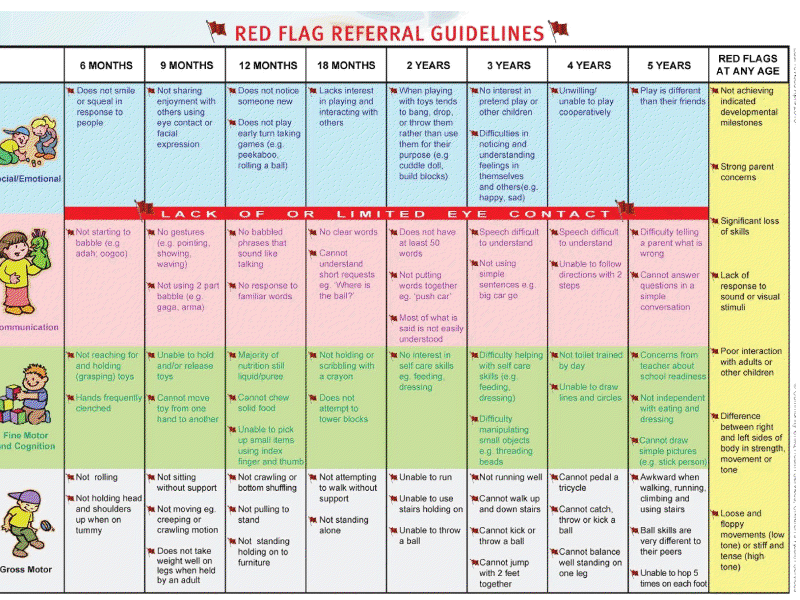 roskazna.ru
roskazna.ru
- News nine0054
- Event announcements
messie_anatol - LiveJournal
? nine0071- messie_anatol
- July 25th, 2020
A.B.- Tell me about the projection of Yuri Schigashov.
VL - I can't tell you much about Shigashov, unfortunately.
On the one hand, I wrote an article about him for the encyclopedia "Literary Petersburg";.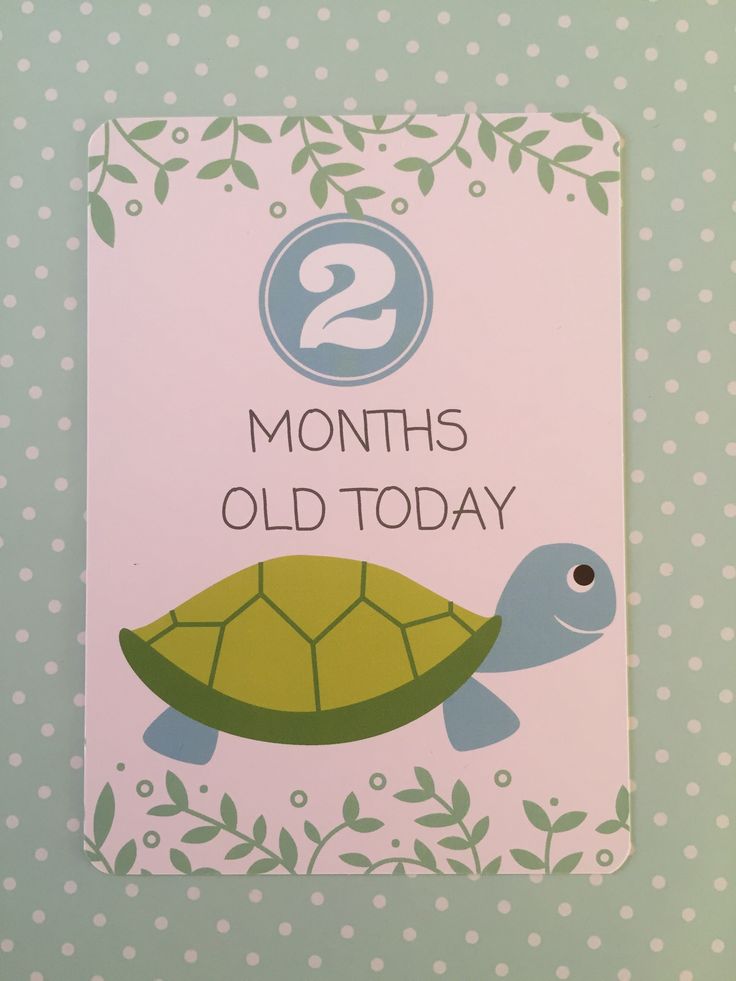 There is very little information about him, about his biography.
There is very little information about him, about his biography.
He is a Chuvash by nationality, was born in Nizhny Tagil, in a family of exiles, then finished school in the Chuvash Republic in Shumerla, but entered the Faculty of Engineering and Economics in Leningrad and worked as a researcher
an employee of the institute and an economist.
That is, as it were, quite intelligent work. Naturally, he attended the "Voice of Youth" Dara.
First publication - 1972, almanac "Young Leningrad", story
"Day of Distant Childhood".
In general, he was born in 41, and therefore was a friend of Gozias, and Gorbovsky, and Sosnora, Kuzminsky, Slava Len knew him well, Venedikt Erofeev knew him ...
(Read more...Collapse)
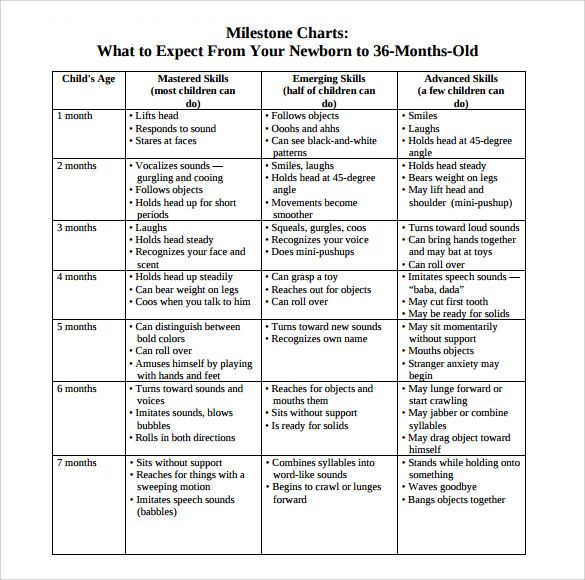
(Read more...Collapse)
- Vladimir Lapenkov recalls the circle of people around the writer David David
-
- messie_anatol
- Joly 25th, 200088, Vladimir Lapenkov, recalls the circle of people around the writer
Filippov and others. nine0088 Vladimir Lapenkov: Returning to the Circle of the Gift.
Not all "literary stars" try not to remember Dar, because some of them were still very much connected with him.
Although, perhaps, not stars, but writers less known.
As I said, some do not recognize him, and some consider him their spiritual teacher until now...
Oh, although, what does it mean until now, some have already died, alas.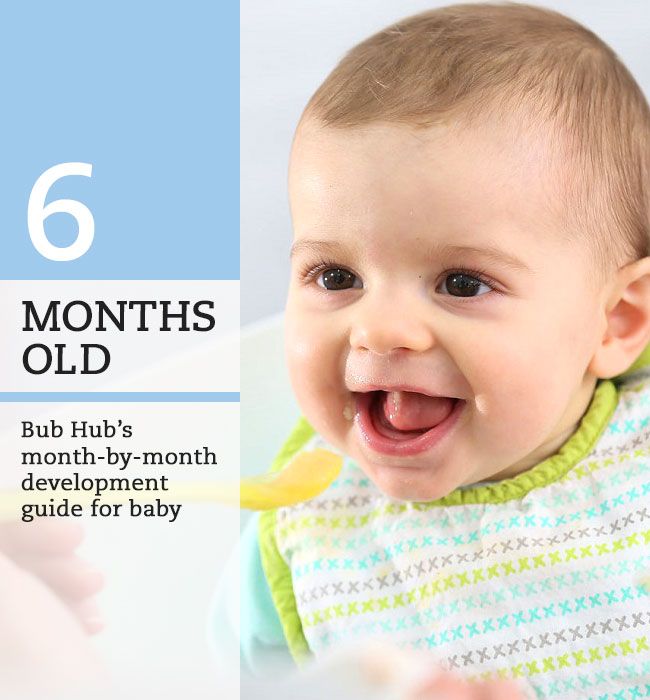
The now deceased Asya Lvovna Maizel, Konstantin Konstantinovich Kuzminsky called themselves the disciples of the Dar. nine0088 And considers himself your obedient servant - Vladimir Lapenkov.
( Read more...Collapse )
- Interview with the St. Petersburg prose writer Vladimir Lapenkov about David David and his students (ending)
-
- Messie_anatol
- JULY 25TH, 2000
VL - Yes, we talked a lot about the circle of the Gift, and here several names immediately pop up. Moreover, I wanted to say such a curious forewarning for me personally.
Here's what's interesting.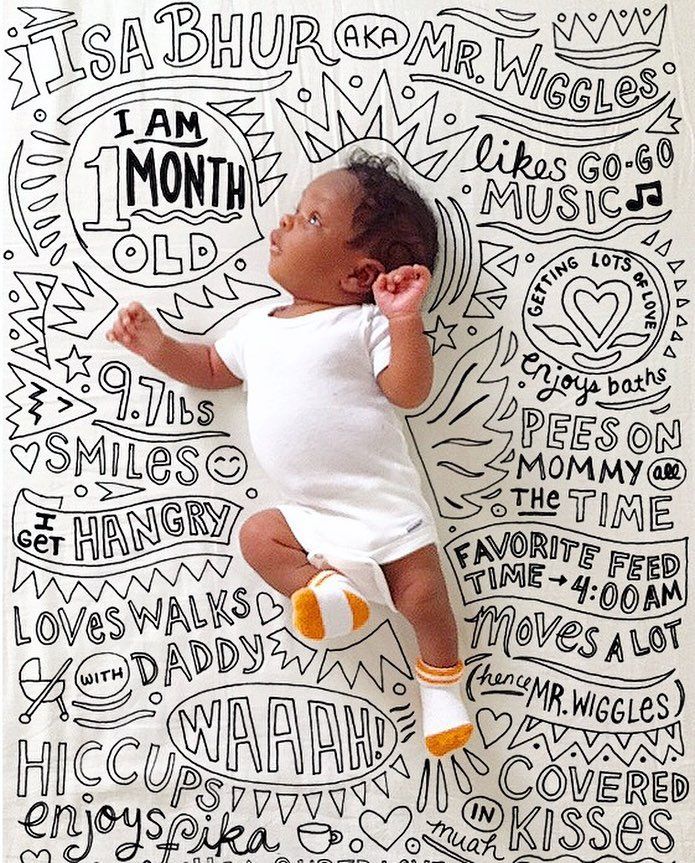
There were several people who considered Dar as their spiritual teacher.
And there were several people whom Dar himself considered his favorite students.
And I suddenly thought that these names do not match!A.B. - Don't match?... I don't understand. Again.
VL - Well, the discrepancy between his favorite disciples and those who considered him their spiritual teacher. nine0088 Many of his favorite disciples did not consider themselves to be his spiritual disciples.
And even the third point: there were people who owed him a lot - precisely as writers - who practically now do not even remember him.
I personally spoke at one time with Alexander Kushner, and with Viktor Sosnora, and with the late Oleg Okhapkin, with some
other people, and they tried to prove to me (and even something about this can be found in their interview), that they, as it were, owe nothing to Daru in their development as writers. nine0088 Say, they are so independent, independent.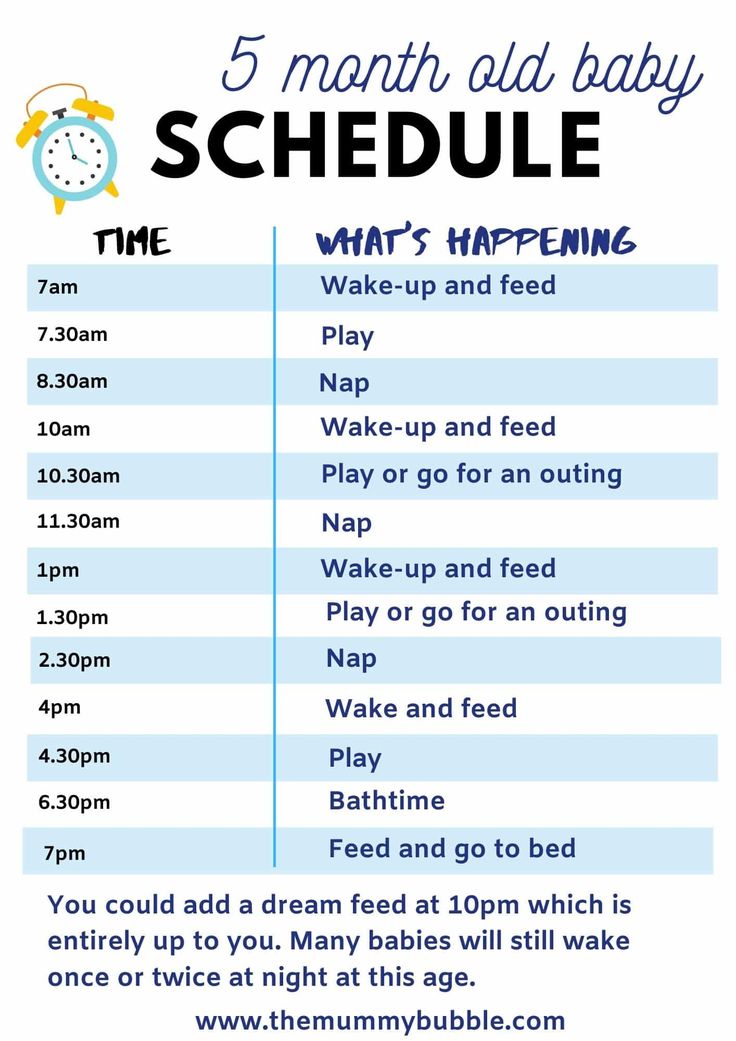 Such original, pre-original...
Such original, pre-original...
Here Victor Sosnora refused to be apprenticed to Dar. He seemed to think that he owed most of all to himself, to his genius in his growth as a poet of genius.
Well, what can I say?
I personally remember how simply before my eyes Sosnora called Daru, it was still the deep 70s, how he cried and complained to him about the problems of
family life, and how one of Sosnora's wives called Daru and said that I was right now I want to divorce him, he is absolutely unbearable. It was 9 more0088 before Sosnora became disabled. And Dar said to her: Get a divorce!
(Addition: She then poisoned herself. Or am I confusing it with Gorbovsky's wife?.. No,
Gorbovsky's wife, Anyuta, hanged herself. That's right. And Lida Gladkaya,
's first wife and Gleb's last girlfriend, who published his complete works,
somehow she said to me, as they say, in her hearts: "Well, how tired of him! He would die sooner, or what ?!. "
But I adore these poets.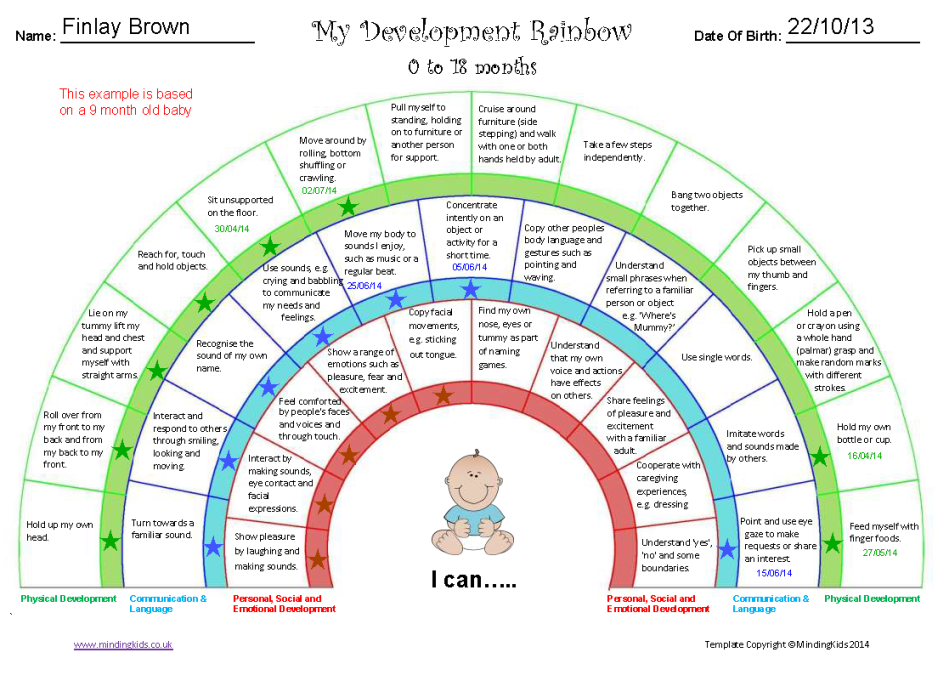 Both.).
Both.).
(Read more...Collapse)
- St. Petersburg prose writer Vladimir Lapenkov recalls the writer Davda Davda and "his circle" (part one)
-
- Messie_anatol
- JULY 25TH, 2020
Originally edited by Vladimir Lapenkov himself. nine0088 Vladimir Lapenkov remembers his teacher in literature - the writer David Dar
About six years ago I met Vladimir Lapenkov.
A prominent representative of the underground St. Petersburg literature of the 1970s - 1980s, or as it is called - "second culture".
Lapenkov lives in Pavlovsk.
I like to visit him there when I come to St. Petersburg.
We walk around the famous park and talk with Volodya on literary and other topics.
Lapenkov in his conversations often recalls St. Petersburg writers who lived there in late Soviet times. nine0088 He tries to keep their names and texts from memory.
Writes memoirs about them.
I decided to record a conversation with him about these legendary people.
(Read more...Collapse)
- Help Vadim Gushchin
-
- Messie_ANATOL
- June 16th, 2020
One of the Russian Pioneers, Poet, Poet, Palindrome Vadim Hashchin.
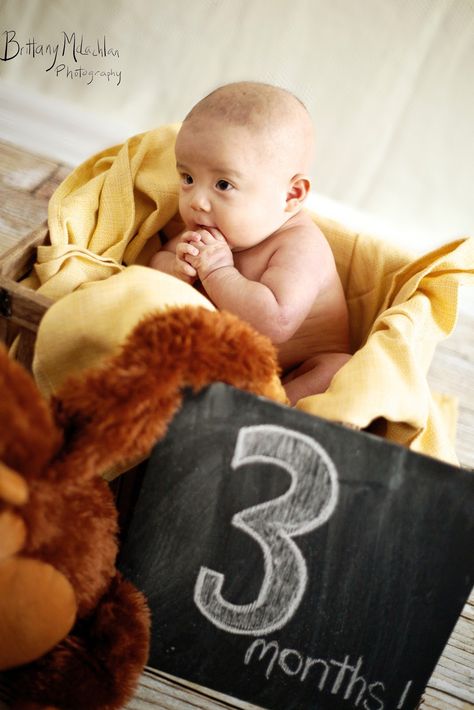 Had a stroke. Now he needs eye surgery. He now lives with an elderly sick mother. nine0088 Due to health, he is currently unable to actively engage in earning money.
Had a stroke. Now he needs eye surgery. He now lives with an elderly sick mother. nine0088 Due to health, he is currently unable to actively engage in earning money.
I have known Vadim since 1993. In the 1990s and early 2000s, he participated in many interesting literary and musical projects.
Eye surgery for a fee. We need to raise money for it.
If someone can transfer any amount of money to Vadim, even the smallest one, they will help him.
On this account - 4276 8383 9567 1243 Gushchin Vadim Vadimovich, Sberbank of Russia. - nine0006
June 1, 2020 | Reading time 5 min
DMITRY TETKIN, June 1, 2020, 10:37 — REGNUM
An extremely funny and tragicomic story happened in Russian cinema. With the support of the state, which was later withdrawn.
If I were Gogol, I would write a play, but, alas, I have to be myself. Just a spectator and reader. As grateful as possible. Although sometimes it is difficult.
 A reader including Facebook, where a small civil war almost started. The frends are getting frustrated. Teachers go after students. Brother to sister. Liberal to Democrat. Stalinist to postmodernist. Physicist on lyrics. Appeals are heard almost to the Investigative Committee ... The film by Ilya Khrzhanovsky "Dow" is to blame. The film, however, is hardly the correct definition ... Rather, the Project. Multidimensional. Ambiguous. Quantum. nine0088
A reader including Facebook, where a small civil war almost started. The frends are getting frustrated. Teachers go after students. Brother to sister. Liberal to Democrat. Stalinist to postmodernist. Physicist on lyrics. Appeals are heard almost to the Investigative Committee ... The film by Ilya Khrzhanovsky "Dow" is to blame. The film, however, is hardly the correct definition ... Rather, the Project. Multidimensional. Ambiguous. Quantum. nine0088
- Conversation Dmitry Tetkina with the "fatal woman" Magdalen Kurapina
-
- Messie_anatol
- April 30th. Playwright, director of the theater "Burlesque", poetess, actress.
Radio REGNUM. "A quarter of an hour about the high.
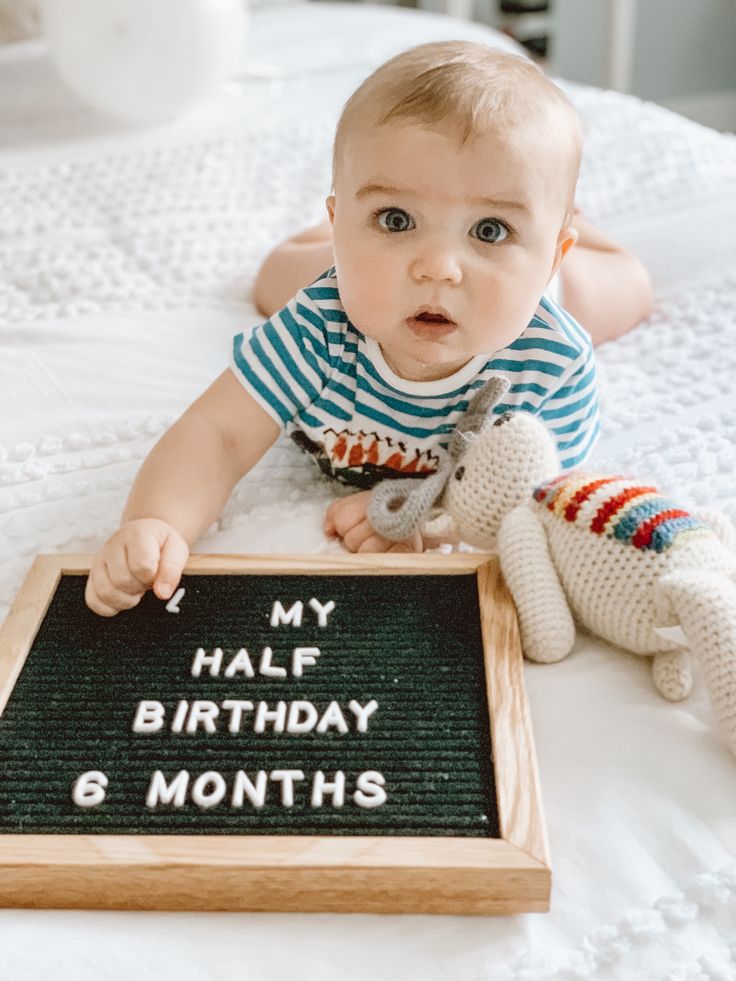 " Away Magdalena Kurapina
" Away Magdalena Kurapina
SAINT PETERSBURG, April 30, 2020, 08:30 — REGNUM Program CLXXXII, where a femme fatale who claims that there are no fatal women, sings, reads poetry, talks about the theater… Everything is as it should be. Magdalena Kurapina. Himself.Details: https://regnum.ru/news/cultura/2891791.html
Any use of materials is allowed only if there is a hyperlink to REGNUM news agency.
https://regnum.ru/news/cultura/2891791. nine0074
- Conversation Dmitry Tetkina with critic Aglaya Toporova
-
- messie_anatol
- April 16th, 200084
Radio REGNUM. "A quarter of an hour about the high." Visiting Aglaya Toporova
SAINT PETERSBURG, April 16, 2020, 08:30 — REGNUM CLXXX broadcast, where the daughter is responsible for her father and for Russian literature.